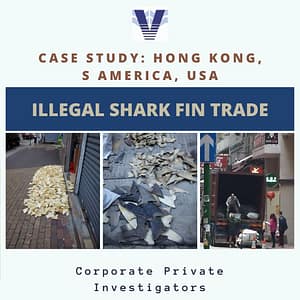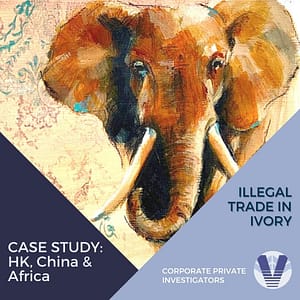
Private Investigator Surveillance
What is “private investigator surveillance”? Surveillance is the covert observation of people, places, and often, associated vehicles, and can form part of a private investigation. The goal is to gather information about a subject required by an individual or company. It is widely used in the insurance industry which is beset by fake claims that need investigation and by manufacturers and companies suffering Intellectual Property (IP) theft. Normally a surveillance team is composed 4-5 individuals with the necessary transport and high quality surveillance equipment used to record images and sound.



